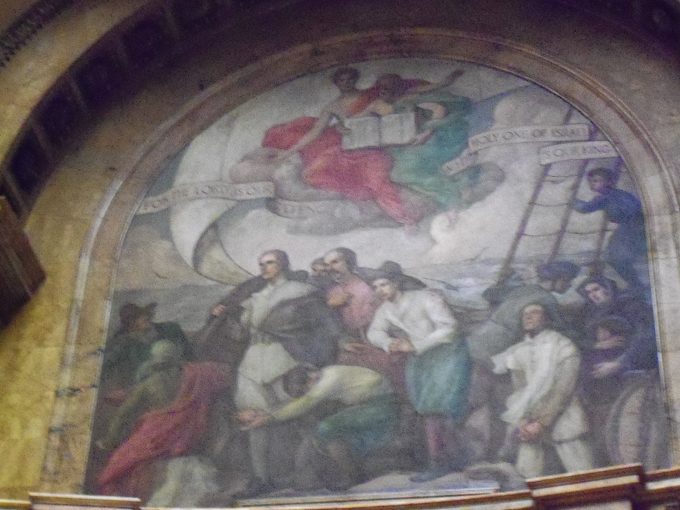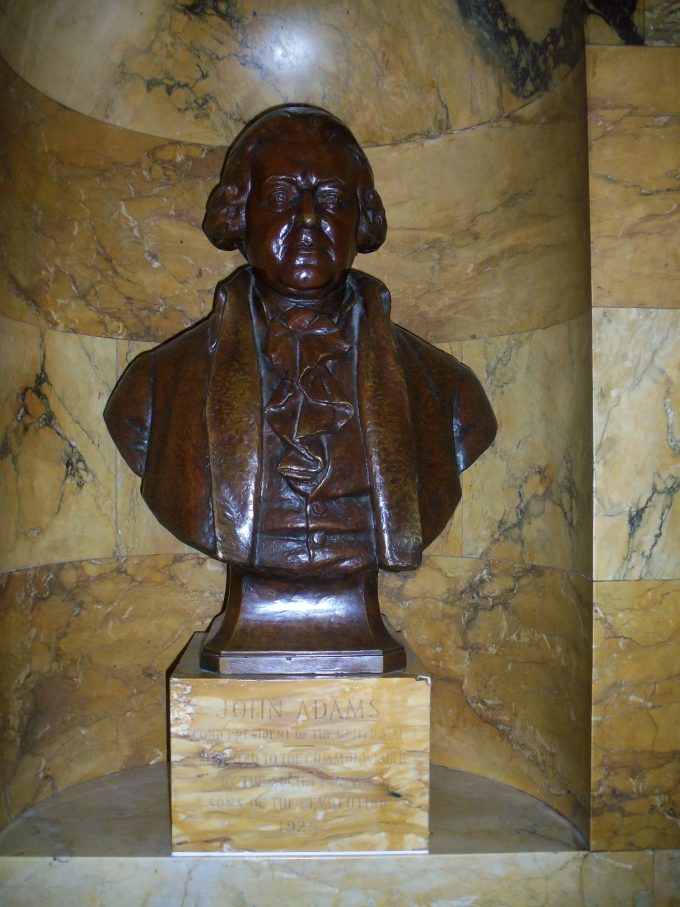
Monday, 6 March 2017
Indeed I have all and abound. I am full, having received from Epaphroditus the things sent from you, a sweet-smelling aroma, an acceptable sacrifice, well pleasing to God. Philippians 4:18
This abounding which Paul speaks of concerns the gift which he has received from them. He was in distress as is noted in verse 14. They understood this and sent along the gift to help him in his plight. From that gift, he was not only brought out of distress, but he was full, even to over-flowing, as is seen in the words, “I have all and abound.” And then again he says, “I am full.” There was no lack, but instead he was fully satisfied, as he says, “having received from Epaphroditus the things sent from you.”
As a congregation, they came together and decided upon a gift for him. After that, they chose Epaphroditus to be the one to carry the gift to him. When he came to Paul, the gift was received by him as a gift not to himself, but as an offering to God of which he was the benefactor.
In Israel, certain offerings were taken to the temple. These were received by the priests and then offered to God. However, in many of the offerings, only a portion was presented on the altar, and the rest became the priest’s portion. However, the entire offering was one which was truly considered as given to the Lord. Paul had received this gift in this manner, noting that it was “a sweet-smelling aroma.” This is Old Testament terminology for a sacrifice which was acceptable to God. It is not that God has a nose, but that what was offered was considered as if He did.
In fact, certain offerings came with a measure of frankincense added to them. This was taken, along with the portion of meat to be burned, and both were then burned on the altar. The word used to describe this burning (Heb: qatar) specifically meant “incense,” and it indicated “to make sacrifices smoke.” This is what Paul is referring to here. It was thus “an acceptable sacrifice.” God was pleased with their offering which was given to Paul as if it was made directly to Him, and it was deemed as such. Therefore, it was “well pleasing to God.”
It was as if the smoke of the sacrifice offered by them burned as incense and rose into the heavens to Him as a pleasing aroma.
Life application: When we make an offering with a true heart, and in a manner which is Christian and Christ-like, that offering is considered by God as an acceptable offering to Him. Because of this, let our hearts and intents be pure in our giving. Just because an offering is made, it does not automatically follow through that it is pleasing to God. Only when such an offering is done in faith is it truly considered as well pleasing to Him.
Lord God, help us to make offerings which are acceptable to You. Help us to give in faith, and faithfully, without attaching strings to what we offer. Your words shows us that offerings which are not in faith are actually displeasing to You. And so Lord, remind us when we give that we are to do so with the right heart and attitude towards You. May our offerings, given in the name of Christ Jesus our Lord, be acceptable to You as if they actually rose to Your throne as a sweet fragrance. Amen.




